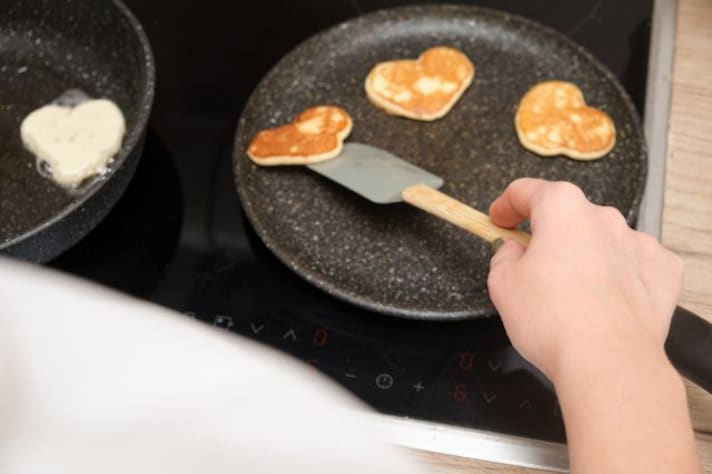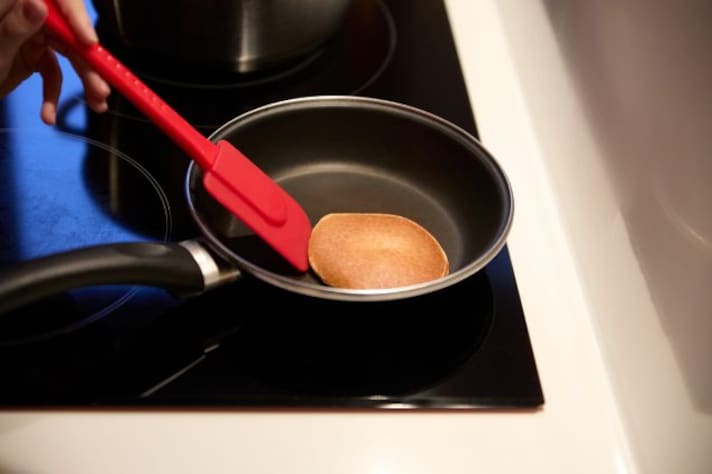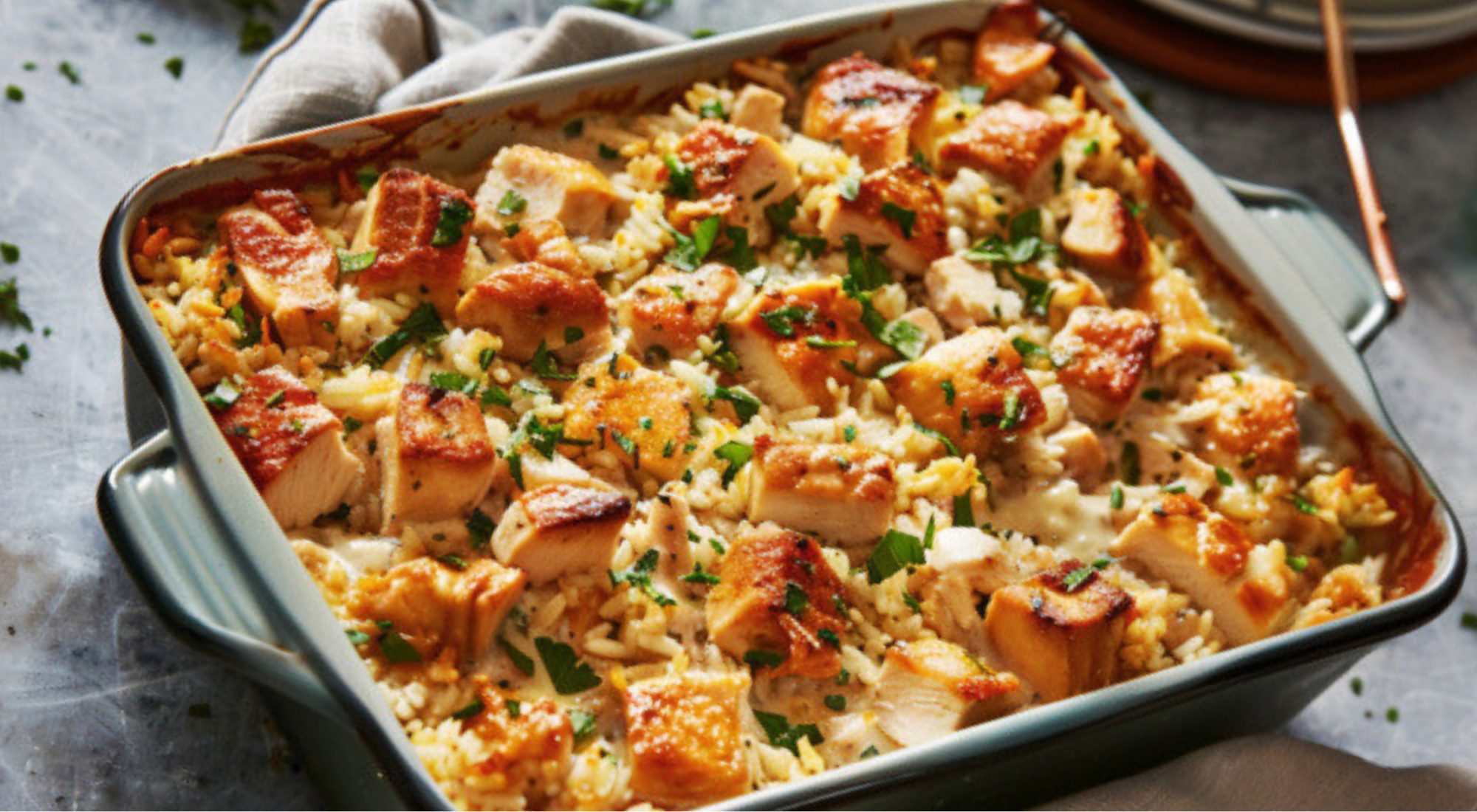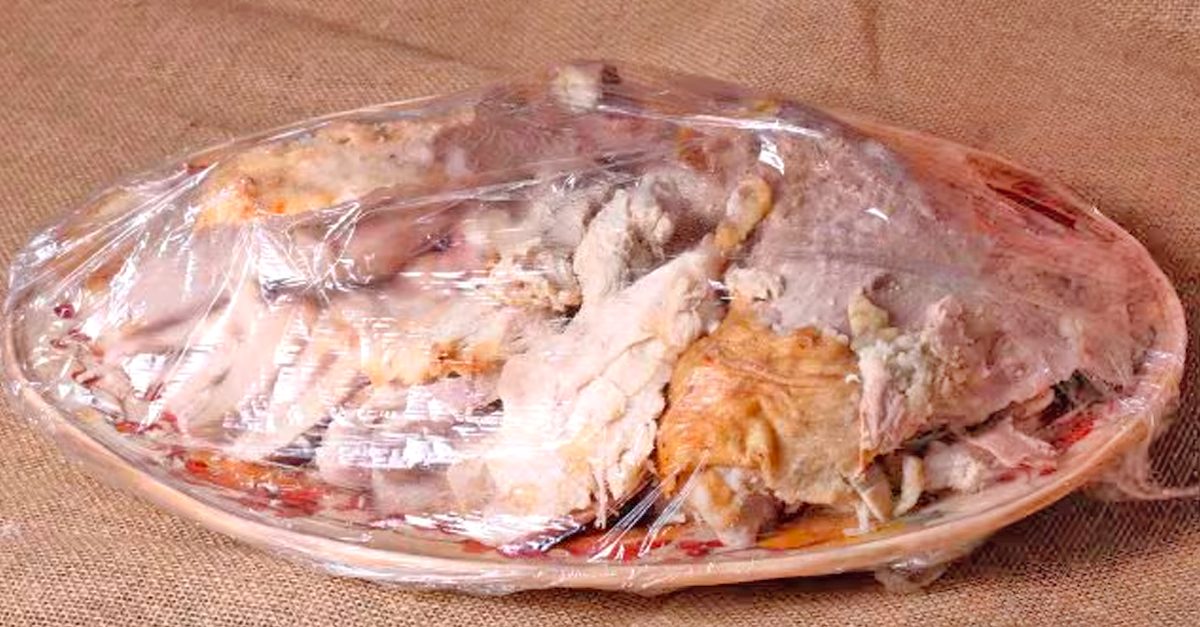Here’s Why You Should Never Flip Pancakes More Than Once
Flipping pancakes more than once might seem harmless, but it’s the fastest way to ruin their texture, rise, and flavor. From deflating the batter to disrupting that perfect golden-brown crust, each unnecessary flip does more harm than good. Patience is key—one confident flip is all it takes for fluffy, evenly cooked pancakes. Anything more, and you’re just sabotaging your breakfast.

Flipping pancakes should be a graceful, one-and-done motion, like a chef’s secret handshake with the pan. Yet, far too many people treat it like a nervous tic, flipping their pancakes back and forth as if they’re unsure about every life choice that led them to this moment. It’s time to put an end to this madness. Flipping a pancake more than once is not just unnecessary—it actively ruins everything good about it.
If you’ve ever wondered why your pancakes come out dry, tough, or unevenly cooked, the culprit might just be your overzealous spatula. There’s a reason professional chefs only flip once, and if you want light, fluffy, and golden-brown perfection, it’s time to break the bad habit.
Flipping Too Much Ruins the Texture
A pancake should be soft and airy on the inside with a delicate crispness on the outside. But every extra flip is a direct attack on that perfect texture. Each time you disturb the batter, you’re allowing steam to escape—steam that should be doing the important work of keeping the pancake tender and fluffy.
Instead of rising properly, an over-flipped pancake loses moisture and ends up dense and dry. It’s like pressing down on a burger while it’s cooking—sure, it makes you feel like you’re in control, but really, you’re just squeezing out everything that makes it good.

You’re Messing with the Maillard Reaction
The golden-brown color on a perfect pancake isn’t just for looks—it’s the result of the Maillard reaction, a complex chemical process that develops deep, rich flavors. When you flip too soon or too often, you interrupt this process, robbing your pancake of its full potential.
Instead of that beautiful, evenly caramelized surface, you end up with a patchy, pale, and unevenly cooked pancake. Flipping it multiple times doesn’t give it more color—it just disrupts the browning process before it has a chance to do its magic.
It’s a Recipe for an Undercooked or Overcooked Mess
Flipping your pancake too many times is like second-guessing yourself in the middle of a test—it only makes things worse. When you keep shifting it around, the batter doesn’t get an even chance to cook through properly. Flip too soon? You get a pancake with a runny, raw center. Flip too many times? The outside overcooks before the inside is done, leaving you with something tough and rubbery. There’s a reason why experienced cooks know to wait until the edges look set and bubbles form on the surface before making that single, confident flip.
One Flip Creates the Perfect Rise
Great pancakes are all about the rise. The moment you pour the batter into the pan, the heat starts activating the leavening agents—baking powder, baking soda, or both—causing bubbles to form and expand. When you flip at the right moment, those bubbles set properly, locking in air and ensuring a fluffy texture. But if you flip multiple times, you deflate those bubbles before they can do their job. Instead of soft, cloud-like pancakes, you end up with something flat and sad.

The More You Flip, the More You Tear
A good pancake holds together beautifully—unless you keep flipping it like a DJ scratching a record. Every extra flip weakens the delicate structure, increasing the chances of it breaking apart.
The more you disturb the pancake, the more likely you are to end up with a torn, jagged mess. And if you’re one of those people who panics and presses down on it with a spatula while flipping? Congratulations, you’ve just made a pancake that’s as dense as a hockey puck.
Patience is the Secret Ingredient
Cooking pancakes is an exercise in restraint. The best cooks know that sometimes, the most important thing to do is nothing at all. Let the pancake sit. Let the bubbles form. Let the edges firm up. Then, and only then, flip it once and let the other side finish cooking. Good cooking isn’t about constantly doing something—it’s about knowing when to do something. And when it comes to pancakes, the answer is simple: flip once, and walk away.
;Resize,width=767;)
;Resize,width=712;)
;Resize,width=712;)
;Resize,width=712;)
